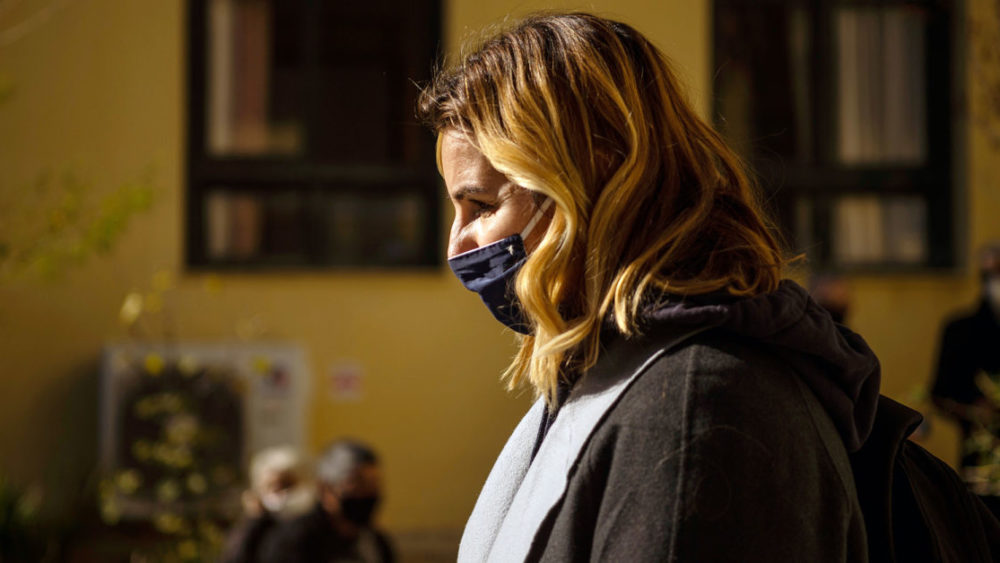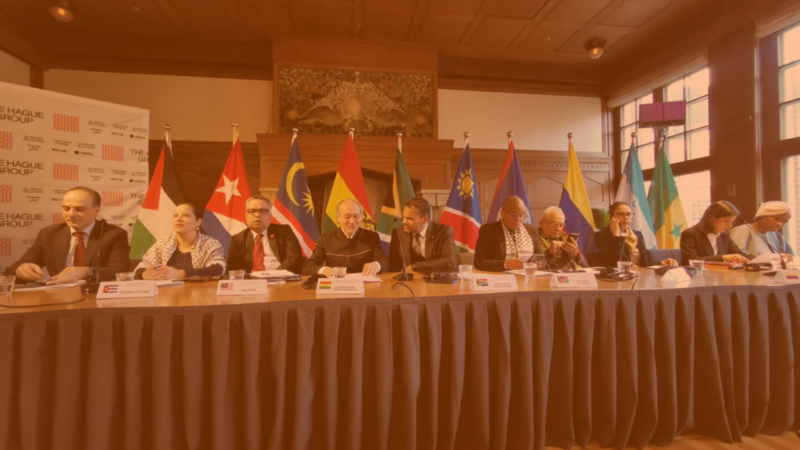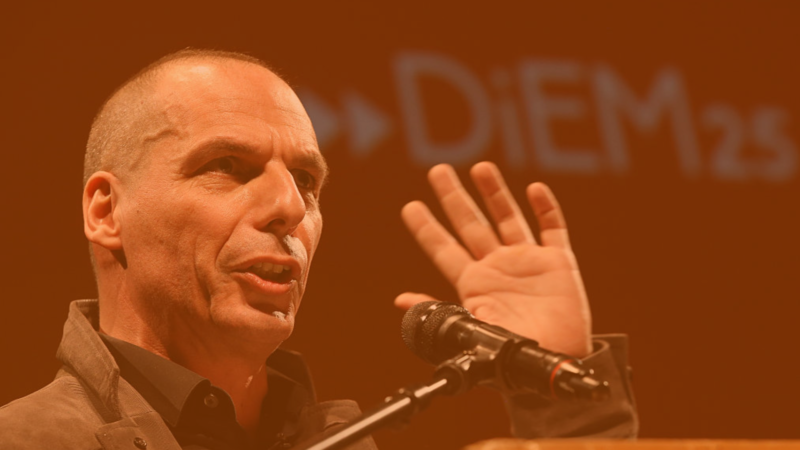It was 8:30am and I was cycling to work. Despite the lockdown, there were plenty of cyclists on both directions of the bicycle lane. In the next minute, a man cycled towards me from the opposite lane, smiling all the way until he passed by. That was it: he just smiled at me, without slowing down at all. That was the moment I realised that I haven’t been cat-called for almost 6 months, since I left Greece to live in the Netherlands.
In a deeply sexist, patriarchal society that is the greek one, harassment is something women learn to live with
Catcalling is a practice so common that I have lost count of how many times I have been on the receiving end of such comments from passing drivers, everytime I ‘dared’ to leave my home alone. Indeed, this is only the tip of the iceberg.
Two weeks ago, sailing olympic champion Sofia Bekatorou came forward with allegations of rape by a senior executive of the Hellenic Sailing Federation. She publicly opened up about how he used his power and status to intimidate and subsequently rape her 23 years ago. In such conditions, the then-21 year old Sofia remained silent — up until now. In the public disclosure she made at first, she kept his name a secret.
This seemingly out-of-the-blue public statement was to become the beginning of the greek #MeToo movement, with other athletes and later actresses opening up about experiences of sexual abuse, harassment and intimidating behaviour by their coaches, bosses or male colleagues. The cascade of allegations especially in the entertainment industry has led the greek National Theatre’s Director to resign. It became clear that sexism takes many forms. It is not only a spectrum of abusive and discriminatory behaviour; it is a systemic problem.
Sofia Bekatorou decided to reveal the name of the man she accused of rape after the Sailing Federation tried to contradict her: ‘If it really happened, then why aren’t you giving us a name?’ was the response she had to confront. So she named the Vice President of the Hellenic Sailing Federation, also a member of the New Democracy (ND) party currently in government.
After New Democracy’s leader Kyriakos Mitsotakis took office as prime minister following the 2019 national election, a BBC journalist asked him why there were almost no women in his cabinet. His answer was either comic or tragic: ‘There were not many women who were interested in stepping into politics those days‘. Given that the majority of MeRA25 parliamentarians are women, this view is somewhat unfounded.
Of course, sexism does not start or end with a sexist government. The cases of women reporting sexual abuse by their husbands to the police and who are being sent home ‘to work it out’ are numerous. It does not start or end with Greece either, as women are vulnerable even in wealthier countries.
In order for change to come, we need to start listening and begin to understand those who have been oppressed for millennia — the women who are tentatively speaking out about sexism in the home and workplace. Those who are still fighting to be taken into account, to be regarded as people of the same worth, to be looked at as potential game changers, not just as people who deserve our support.
Women’s oppression extends on a continuum reaching across nations, class and time dimensions
Women — especially mothers — have been taking the responsibility of children nurturing and home caring without any formal recognition of their work. Since this work within the home remains unpaid, stay-at-home moms and carers are often left without any form of financial security or autonomy. As suggested in DiEM25’s Green New Deal for Europe (GNDE), the provision for a Care Income (CI) for people who are occupied either on a full or part time basis with the care of others could offer them the social and financial recognition they ought to exercise. Indeed, domestic violence tends to be present in situations where women are financially dependent on their partners.
The approach to tackling this issue should be focused on its deep systemic roots rather than be treated as a series of individual unfortunate cases.
The views and opinions expressed here are those of the author and do not necessarily reflect DiEM25’s official policies or positions.
Photo Source; EUWatch on Twitter.
Do you want to be informed of DiEM25's actions? Sign up here















